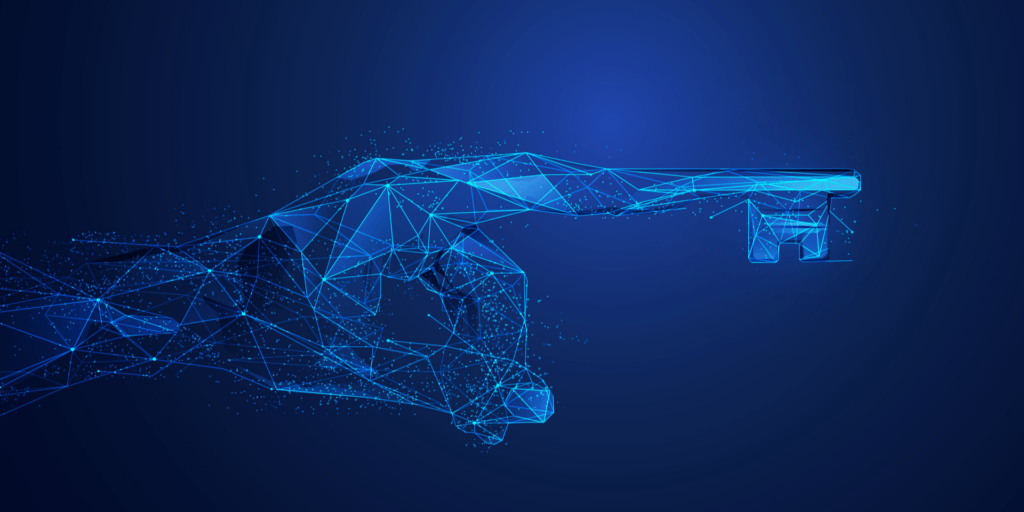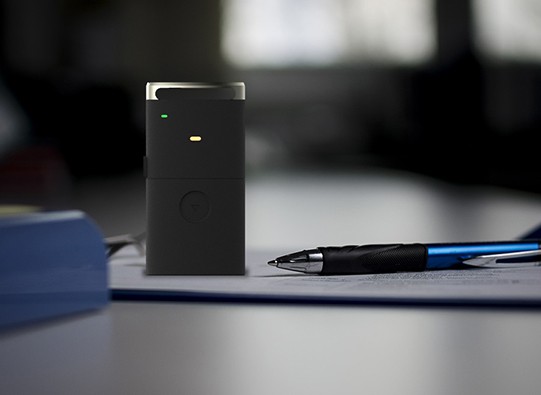
How AI Affects Password Security: A Paradigm Shift in Authentication
Artificial Intelligence (AI) is revolutionizing myriad sectors, and cybersecurity is no exception. The AI market in cybersecurity is projected to reach $38.2 billion by 2026, according to a report by MarketsandMarkets. With AI’s ability to analyze data patterns and predict outcomes, one of the most critical aspects of cybersecurity—password security—is poised for a significant transformation. This article delves into how AI affects password security, bringing about a paradigm shift in authentication methods.
How AI affects Password Security
Predictive Analysis
AI algorithms can predict potential password vulnerabilities by analyzing usage patterns and user behavior, thereby preempting breaches. According to a Verizon report, 81% of data breaches occur due to weak or reused passwords, making predictive analytics a vital tool for cybersecurity.
Dynamic Passwords
AI can create dynamic passwords that change according to a pre-determined algorithm, making static passwords obsolete. This real-time changing nature of passwords adds an extra layer of security, as even if a password is compromised, it won’t be valid for long.
Anomaly Detection
Using machine learning algorithms, AI can detect anomalous login attempts and flag them for additional verification, making it more difficult for unauthorized users to gain access.
Benefits of AI-Enhanced Password Security
Enhanced Security
AI can analyze billions of data points in real-time to detect unusual patterns or attempts at unauthorized access, providing robust security mechanisms that are difficult to bypass.
User Convenience
AI-powered systems can adapt to more natural authentication methods, like behavioral biometrics, which rely on the unique ways users interact with their devices. This not only enhances security but also makes the process more user-friendly.
Cost-Effectiveness
According to a study by the Ponemon Institute, the average cost of a data breach in 2020 was $3.86 million. AI can significantly reduce the risk of data breaches, thereby saving businesses substantial amounts in the long term.
Challenges and Risks
AI-Driven Attacks
While AI can bolster security measures, it can also be used by cybercriminals to launch sophisticated attacks, including automated password cracking using machine learning algorithms.
Ethical and Privacy Concerns
The use of AI in monitoring user behavior for authentication could raise concerns about user privacy and data collection.
Complexity and Costs
Implementing AI-driven security measures involves complexities and initial investment costs, which may not be feasible for small and medium-sized enterprises.
Conclusion
The AI revolution is setting the stage for a new era in password security, offering solutions that are not just more secure but also more adaptable and user-friendly. However, like any technology, AI presents both opportunities and challenges. As we move forward, finding a balanced approach that leverages AI’s strengths while mitigating its risks will be crucial. The future of password security is not static; it is intelligent, dynamic, and continually adapting to new challenges.
Finally, see GateKeeper Enterprise advanced MFA in action.
Take a self-guided tour of how you can evolve from passwords. Then you're really saving time with automation.




